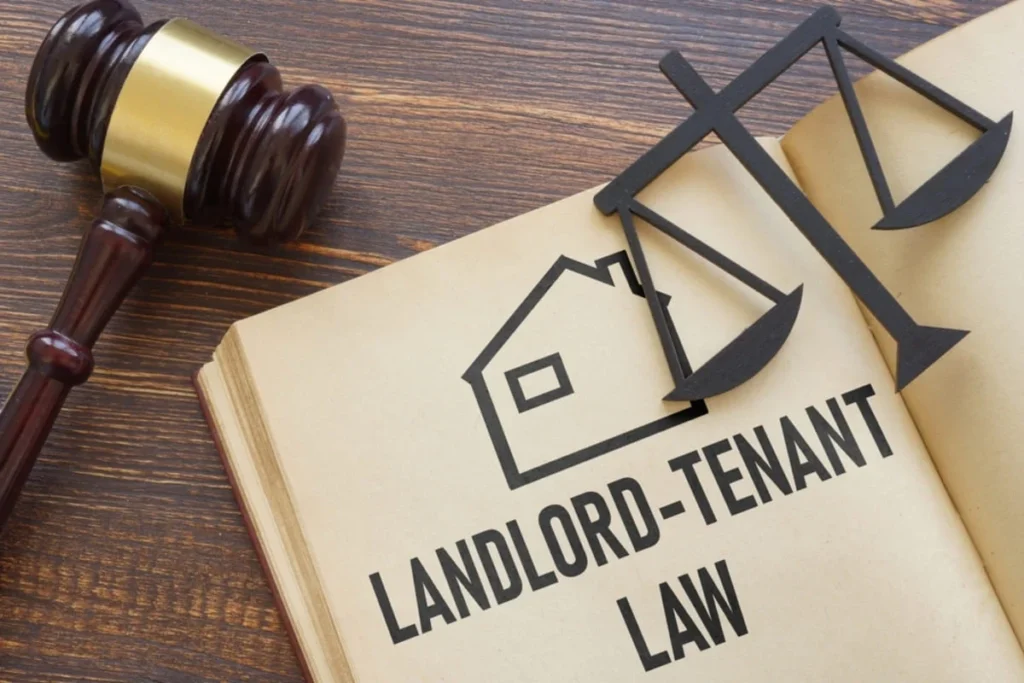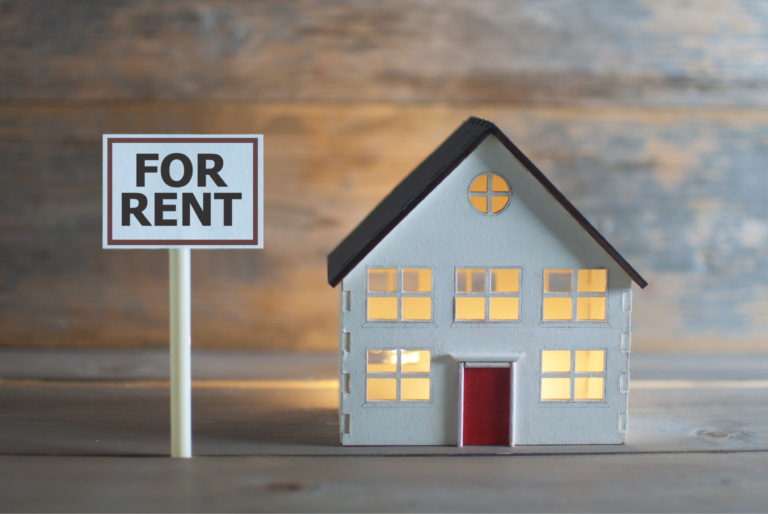Kirkland, a picturesque city on the shores of Lake Washington, is known for its thriving community and high quality of life. When it comes to rental regulations, Kirkland takes a balanced approach, offering moderate protections for both landlords and tenants. While the city follows Washington State’s landlord-tenant laws, it has implemented additional rules to ensure fair housing practices and maintain habitable living conditions.
In this guide, we’ll explore Kirkland’s key landlord obligations, tenant protections, and how these regulations impact both parties. Whether you’re a landlord or a tenant, this information will help you navigate Kirkland’s rental landscape with confidence.
Key Landlord Obligations in Kirkland
Kirkland’s rental laws emphasize fairness and responsibility for landlords. Here are the primary obligations:
Notice for Rent Increases
- 90-Day Notice for Increases Over 5%: Landlords must provide tenants with a 90-day notice for any rent increase that exceeds 5% of the current rent. This is more stringent than Washington State’s 60-day notice requirement and gives tenants additional time to plan for changes in their housing costs.
Deposit Limits
- No Local Caps: Kirkland does not impose specific limits on security deposits beyond Washington State law, which does not cap deposit amounts but requires landlords to return deposits within 21 days of lease termination.
- Transparency: Landlords must clearly outline deposit requirements in the lease agreement and provide an itemized statement of deductions (if any) when returning the deposit.
Eviction Standards
- Valid Reasons Required: Landlords must follow Washington State’s eviction laws, which require a legally valid reason for eviction, such as non-payment of rent, lease violations, or owner move-in.
- Proper Notice: Landlords must provide tenants with the appropriate notice period based on the reason for eviction (e.g., 14 days for non-payment of rent).
Tenant Protections in Kirkland
Kirkland’s tenant protections focus on safety, habitability, and fairness. Here’s what renters need to know:
Early Lease Termination
- Safety Concerns: Tenants can terminate their lease early if they feel unsafe due to domestic violence, sexual assault, stalking, or other safety-related issues.
- Documentation Required: Tenants must provide written notice and supporting documentation, such as a protective order or police report, to qualify for early termination.
Mandatory Maintenance Standards
- Habitable Living Conditions: Landlords must maintain rental properties in compliance with Kirkland’s property maintenance code, which includes:
- Providing working plumbing, heating, and electricity.
- Ensuring the property is free from health and safety hazards.
- Addressing repair requests in a timely manner.
- Tenant Remedies: If landlords fail to meet these standards, tenants may have the right to withhold rent, repair and deduct, or pursue legal action.
How Kirkland’s Laws Differ from State Laws
While Kirkland largely follows Washington State’s landlord-tenant laws, there are a few key differences:
- Rent Increase Notices: State law requires a 60-day notice for rent increases, but Kirkland mandates a 90-day notice for increases over 5%.
- Early Lease Termination: Kirkland allows tenants to terminate leases early for safety concerns, which is not explicitly addressed in state law.
- Maintenance Standards: Kirkland enforces its own property maintenance code, which may include additional requirements beyond state habitability laws.
Tips for Landlords to Stay Compliant
To avoid legal issues and maintain positive tenant relationships, Kirkland landlords should:
- Provide Proper Notices: Always give tenants a 90-day notice for rent increases over 5%.
- Maintain Properties: Regularly inspect and maintain rental units to ensure compliance with Kirkland’s property maintenance code.
- Follow Eviction Procedures: Adhere to state-mandated eviction processes and provide proper notice to tenants.
- Be Responsive: Address repair requests promptly to avoid disputes and maintain tenant satisfaction.
Tips for Tenants to Know Their Rights
If you’re renting in Kirkland, here’s how to protect yourself:
- Understand Your Lease: Carefully review your lease agreement to understand your rights and responsibilities.
- Request Repairs: If your rental unit needs repairs, notify your landlord in writing and keep records of all communications.
- Exercise Early Termination Rights: If you feel unsafe due to domestic violence or other safety concerns, provide the required documentation to terminate your lease early.
- Know Maintenance Standards: Familiarize yourself with Kirkland’s property maintenance code to ensure your landlord is meeting their obligations.
Kirkland’s tenant-landlord laws strike a balance between protecting tenants and supporting landlords. For landlords, understanding these regulations is essential to avoid legal disputes and maintain positive tenant relationships. For tenants, knowing your rights ensures you’re protected from unfair practices and can advocate for yourself when necessary.
Whether you’re a landlord or a tenant, staying informed about Kirkland’s rental laws is the key to a successful and stress-free rental experience. If you have questions or need further assistance, consider consulting a legal expert or reaching out to local housing authorities.
Disclaimer:
Whether you’re a landlord or a tenant, staying informed is essential for a smooth and successful rental experience in Seattle. We are not providing legal advice, and for specific legal questions or concerns, we recommend consulting an attorney or reaching out to local housing authorities for expert guidance.






